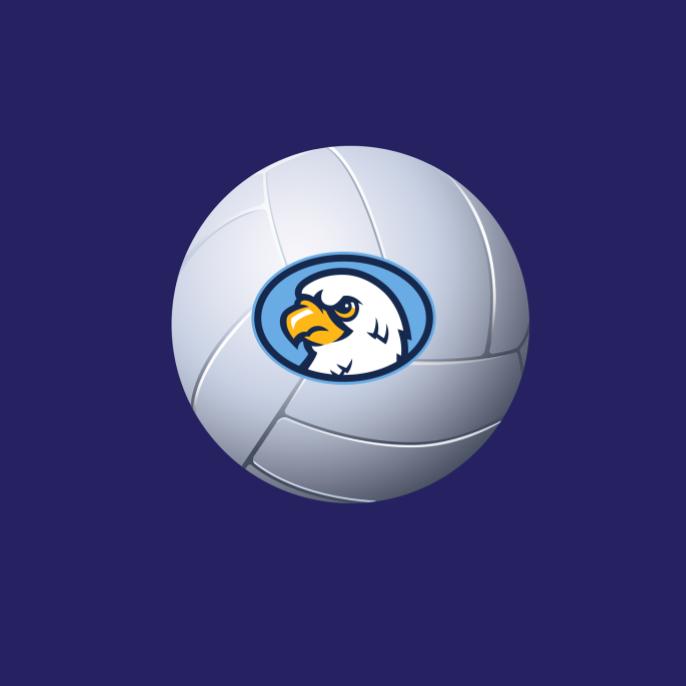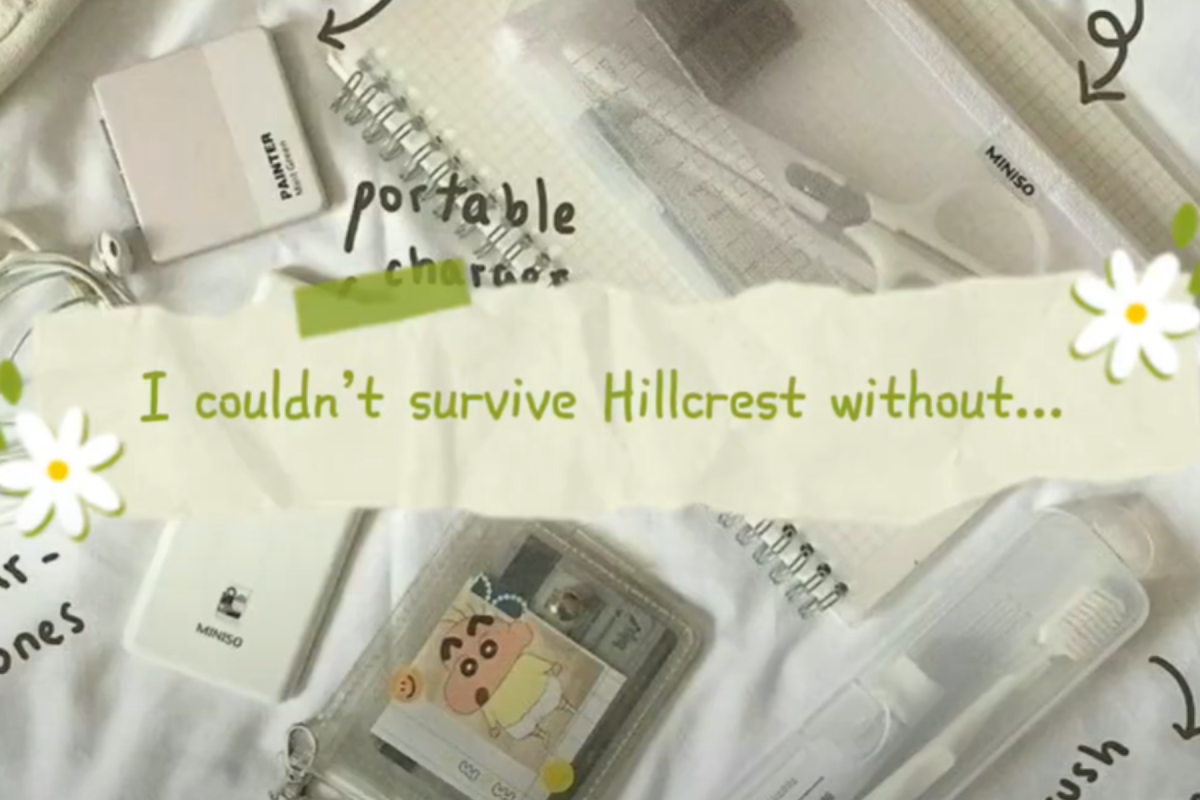Do The Research
May 12, 2022
Have you or a friend ever gotten into a heated argument on Twitter? Perhaps about whether the dog flea or cat flea jumps higher. Well, who’s right? You’re right of course! After all, Google said so! What’s the problem then? Unfortunately, as much as it may upset you and me, there are people who lie on the internet.
Someone may spread misinformation, and thus you end up on the wrong side of the argument and have now irreversibly been embarrassed on Twitter. How shameful! Well, what do you do to make sure that never happens again? Do your research!
For some, doing research comes as naturally as someone saying they’re right around the corner then arriving 30 minutes later. For others, however, doing research may be a bit tough.
Let’s break down things involved in reading something like a scientific paper. To do this we’ll talk about the triple D’s of research—and I’m not talking Diners, Drive-ins, and Dives.
Decipher the Question
If you can’t get this far, you’re doomed. What this really means is to ask the right question. How would one do that? Well, here are some important things to keep in mind:
● Make sure your question is clear and focused. Making sure of these things will ensure that you save as much time as possible by filtering out as many sources as you can.
● Avoid questions that can be answered with “yes” or “no” and “leading” questions. By leaving the question open-ended and avoiding leading questions–questions that suggest an answer, you can eliminate one part of the next point of bias–confirmation bias.
● Check your bias. All of us have biases admittedly or not, but when researching, it’s important to recognize them before asking our question. Take the flea argument for example. Do you like dogs more than cats? Did you already think of an answer? Biases like these shouldn’t be allowed into the question.
Discover a Reliable Source
Now for the hardest part. Trust me though, once you take the step of finding a reliable source a few times, research goes much faster in the future. Here are some tips to remember:
● Pay attention to the domain. In general, domains that end in “.gov,” “.org,” and “.edu” will be more trustworthy than a “.com,” and “.net.”
Detect Any Red Flags
Red flags would include things like:
● Non-peer reviewed sources. These are sources that are reviewed by many experts on the topic before being published. This isn’t to say that peer reviewed sources can’t be wrong, it’s just a lot less likely
● Conflict of interest. If the research was funded by a large corporation or individuals that are related to the subject. For example, Coca-Cola funding research about the effects of sugar on the body.
And with this information you can go forth and do the research!

































